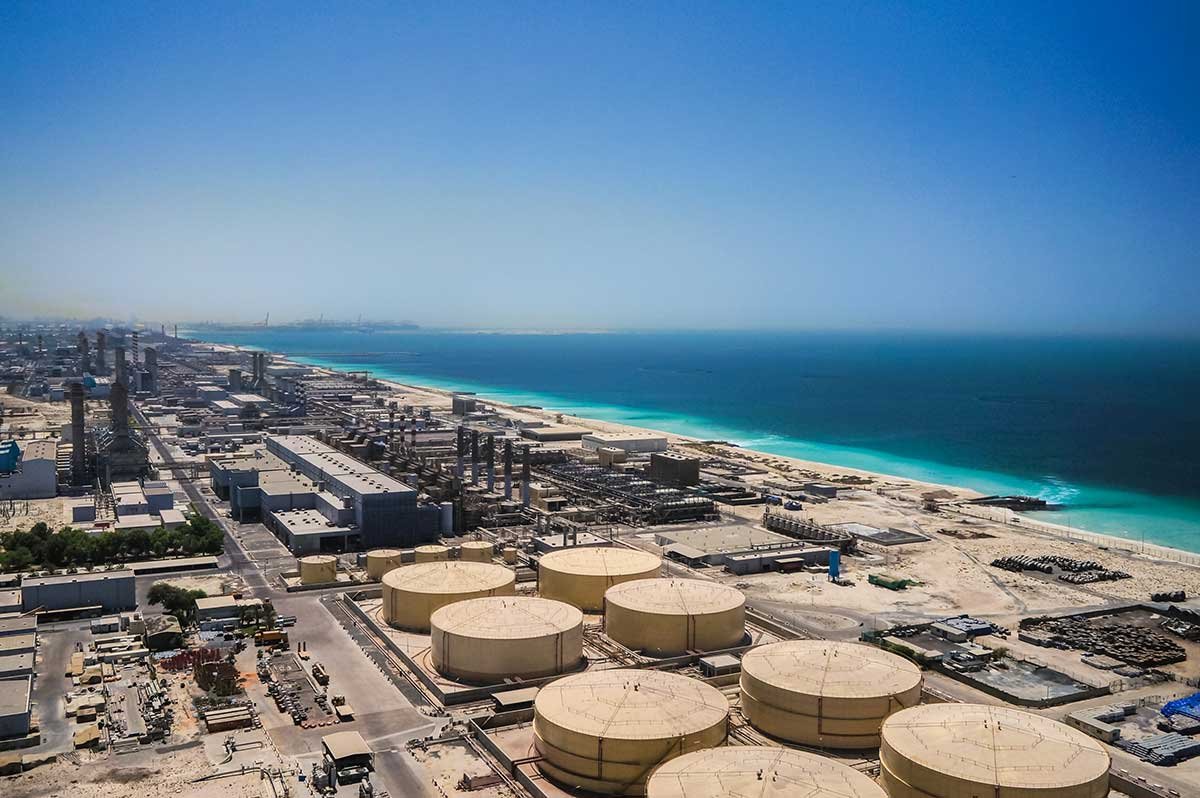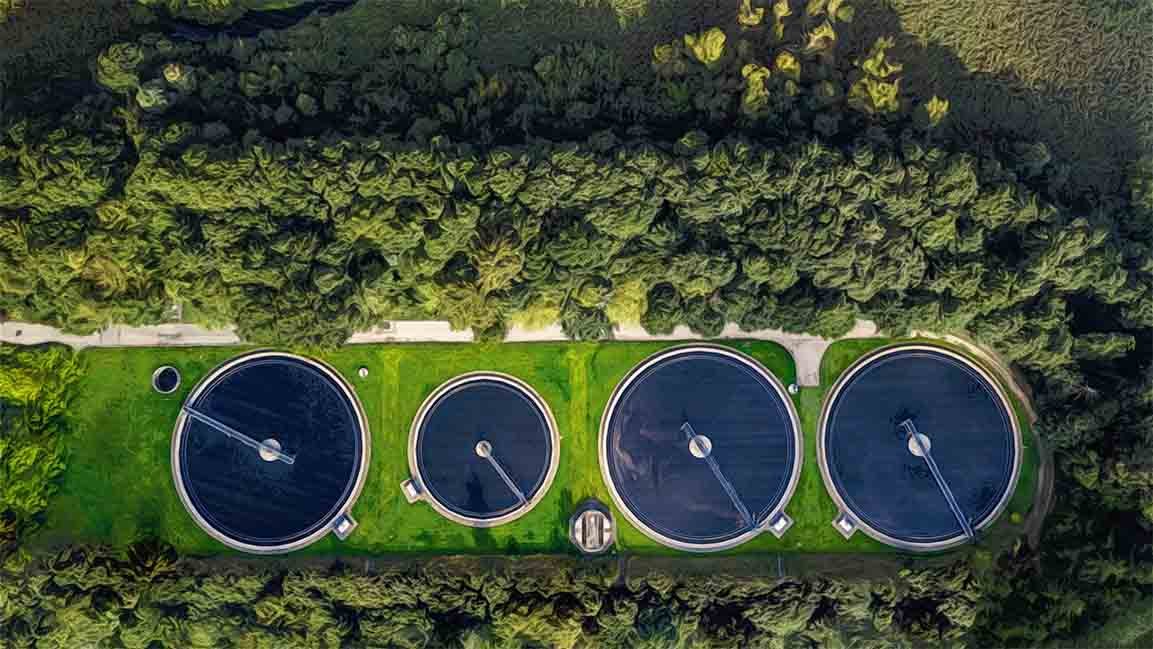As one of the most water-scarce nations in the world, Saudi Arabia faces immense challenges in managing its water resources. The Kingdom’s arid climate, limited freshwater reserves, and growing population have made water sustainability a critical priority. In response, Saudi Arabia is investing heavily in innovative technologies and sustainability projects to address water scarcity and secure a sustainable future.
This article explores the key water sustainability projects in Saudi Arabia, their impact, and how the Kingdom is leading the way in addressing water scarcity through technological advancements and visionary policies.
1. The Challenges of Water Scarcity in Saudi Arabia
Saudi Arabia’s natural geography presents significant hurdles to water management:
- Lack of Freshwater Sources: The Kingdom relies heavily on groundwater and desalinated water, with minimal natural freshwater resources like rivers or lakes.
- High Water Consumption: Saudi Arabia has one of the world’s highest per capita water consumption rates, driven by industrial growth, agriculture, and urbanization.
- Climate Conditions: Extreme temperatures and low rainfall exacerbate water scarcity, placing additional stress on existing resources.
These challenges have prompted the Saudi government to implement comprehensive water sustainability initiatives as part of Vision 2030, the country’s blueprint for economic diversification and sustainable development.
2. Key Water Sustainability Projects in Saudi Arabia
a) NEOM’s Water Innovation Systems
As part of the NEOM megacity project, Saudi Arabia is developing state-of-the-art water sustainability systems to serve as a global model for water management.
- Desalination Plant with Zero Waste: NEOM is building a solar-powered desalination plant designed to eliminate brine discharge, a common byproduct of desalination that harms marine ecosystems.
- Smart Water Management: Advanced technologies like AI-powered water grids and IoT sensors will monitor water usage and reduce wastage across NEOM’s urban areas.
- Renewable-Powered Water Systems: NEOM aims to operate entirely on renewable energy, ensuring that water production and distribution are environmentally sustainable.
b) Saudi National Water Strategy (NWS)
The National Water Strategy (NWS), launched under Vision 2030, outlines a comprehensive framework for achieving water security and sustainability. Key initiatives include:
- Water Reuse: Expanding wastewater treatment plants to recycle 100% of municipal wastewater by 2030.
- Leakage Reduction: Implementing advanced infrastructure to reduce water leakage, which accounts for significant losses in urban water systems.
- Public Awareness Campaigns: Educating citizens and industries about efficient water usage to reduce demand.
c) Jubail and Yanbu Desalination Projects
Saudi Arabia is home to some of the world’s largest desalination plants, particularly in Jubail and Yanbu, which supply water to urban areas and industrial zones.
- Reverse Osmosis Technology: These plants use advanced reverse osmosis systems that are more energy-efficient and produce lower environmental impact compared to traditional methods.
- Expansion Plans: The Saudi government is increasing desalination capacity to meet the rising demand for water, while ensuring that these facilities align with sustainability goals.
d) The King Abdullah Initiative for Saudi Agricultural Investment Abroad
Recognizing the water-intensive nature of agriculture, Saudi Arabia has launched initiatives to outsource agricultural production to water-abundant countries.
- Water Footprint Reduction: By importing crops like wheat and rice, Saudi Arabia reduces its reliance on domestic water resources.
- Sustainable Agriculture: The initiative promotes sustainable farming practices abroad, ensuring long-term environmental benefits.
e) Solar-Powered Water Extraction
Saudi Arabia is investing in solar-powered water extraction technologies to tap into deep aquifers efficiently and sustainably.
- Solar Water Pumps: These pumps are used for agricultural irrigation, reducing reliance on fossil fuels and minimizing carbon emissions.
- Remote Villages: Solar technology is providing affordable and sustainable water solutions for rural and remote communities.

3. Advanced Technologies Driving Water Sustainability
Saudi Arabia is at the forefront of adopting cutting-edge technologies to address water scarcity:
- AI and IoT in Water Management: Real-time monitoring systems help detect leaks, optimize distribution networks, and predict future water demand.
- Nanotechnology in Desalination: Advanced membranes and filters improve the efficiency of desalination processes while reducing energy consumption.
- Cloud Seeding: The Kingdom has experimented with cloud seeding to increase rainfall in arid regions, supplementing natural water resources.
4. The Role of Vision 2030 in Water Sustainability
Water sustainability is a key component of Saudi Arabia’s Vision 2030, which aims to balance economic growth with environmental preservation. Under Vision 2030, the government has committed to:
- Increasing Water Efficiency: Reducing water consumption across industries and households by adopting sustainable practices.
- Boosting Renewable Energy Integration: Powering water projects with solar and wind energy to reduce reliance on fossil fuels.
- Collaborating with International Partners: Partnering with global organizations to bring the latest innovations in water sustainability to the Kingdom.

5. Positive Impact of Water Sustainability Projects
The Kingdom’s water sustainability efforts are already delivering significant benefits:
- Enhanced Water Security: Investments in desalination, recycling, and conservation are ensuring a reliable water supply for future generations.
- Environmental Protection: By reducing brine discharge and adopting renewable energy, Saudi Arabia is mitigating the environmental impact of water production.
- Economic Diversification: Water sustainability projects are creating new industries and job opportunities, contributing to the Kingdom’s economic transformation.
- Global Leadership: Saudi Arabia’s innovative approaches to water management position it as a global leader in addressing water scarcity challenges.
6. Challenges Ahead
Despite its progress, Saudi Arabia faces ongoing challenges in achieving long-term water sustainability:
- High Costs of Desalination: While desalination provides a critical water source, its high energy and financial costs remain a concern.
- Climate Change: Rising temperatures and unpredictable rainfall patterns could exacerbate water scarcity issues.
- Behavioral Change: Encouraging citizens and industries to adopt water-saving practices requires sustained effort and education.
Image Courtesy Notice
At The Storiez, we value the efforts of photographers, artists, and content creators. The images featured in our articles are sourced from various news portals and online websites. We strive to ensure proper credit is given wherever possible. If you are the rightful owner of any image used here and would like to request its removal or correct attribution, please feel free to contact us. We respect intellectual property rights and aim to address concerns promptly.

